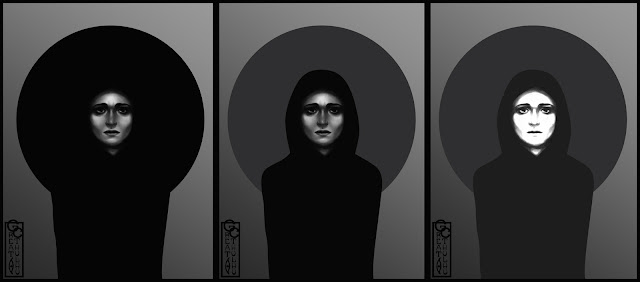Fun Food Art though the Lens of Federica Cogo
FUN FOOD ART THROUGH THE LENS OF FEDERICA COGO
A selection of pictures from 'Ritratti industriali', a food photography project by Federica Cogo, portraying the duality of animals and the food they produce.
Hens, cows and pigs: they produce food, yet also end up as food themselves. With her project titled Ritratti industriali (Industrial portraits) Italian photographer Federica Cogo has turned her attention to food and, more specifically, to the relationship between animals and people. As consumer products, the animals are portrayed amidst what they produce, or what they are destined to become, all of which is interpreted in a “light-hearted” pop style.
We interviewed Federica Cogo, asking her to tell us more about her Ritratti industriali, a project centred on the topic of food and expressed in the form of still life photography. Here are some amazing pictures of Ritratti industriali, click on the images to enlarge.
How did you first become interested in still life food photography?
Photography is a medium which enables you to give a material form to your ideas. My interest in photography dates back to when I realized that this was the best way for me to objectify the conceptual matrix of a project. I find still life particularly stimulating because it allows me to construct the image I am trying to achieve in a reduced format, while exerting complete control over the subject. My interest in food came about as a result of a more far-reaching research. My artistic interest was largely focused throughout this process on animals and subsequently on the relationship between human beings and the animal world which, in the Ritratti Industriali series, takes the form of a portrayal of animals as food. This is how the Food element crept into my work.
How was the project first conceived and in what way was it developed?
The conceptual root of the project is based on the relationship between people and animals. The first part of my research comprises a series of pictorial works in which I tried to represent their role in our society: animals are not only food but they produce food too. Hence the idea of producing a series of portraits depicting various meat animals surrounded by the product they are destined to become or those they produce themselves. I wanted to create sweet, light-hearted images dressed in wallpaper.
What were your main sources of inspiration?
The ToiletPaper magazine: they often use food-related still lifes and this is artistically stimulating. They create a mood, based on surrealist images, and transform food into an identity. Erwin Olaf, an artist photographer who has carried out research into still lifes in photography by studying figures such as Jan Weenix, a painter of the 1700s.
Can you tell us more about the selection process of your photographic elements?
Right from the start, I wanted to put the spotlight on certain animals, the ones which are generally associated with the food industry. I carried out a lengthy research into their selection, mainly with regard to miniature models. I wanted them to be as realistic as possible, without looking like plastic, and accurately detailed, so my selection process took place principally in toyshops.
Did you encounter any difficulties in the preparation and execution of your project?
Yes, when I was unable to find a satisfactory light that was neither too hard nor too soft. The elements I chose also presented problems since I had to check them as I proceeded: milk, plasticine eggs, cheese and bacon.
Does this particular work end here or do you think it will have a follow-up?
Yes, I believe it is now complete. At the moment, I have no interest in further pursuing my research into the man-animal relationship. I do not, however, exclude the possibility of doing other still life projects in the future, focused on topics more closely associated with people and society.
Ritratti industriali by Federica Cogo are part of the Alidem collection, an Italian Milan-based gallery representing different photographers. Alidem's collection is constantly developed and extended, in collaboration with curators, critics and business professionals.
http://bit.ly/2fydXU6


Comments
Post a Comment